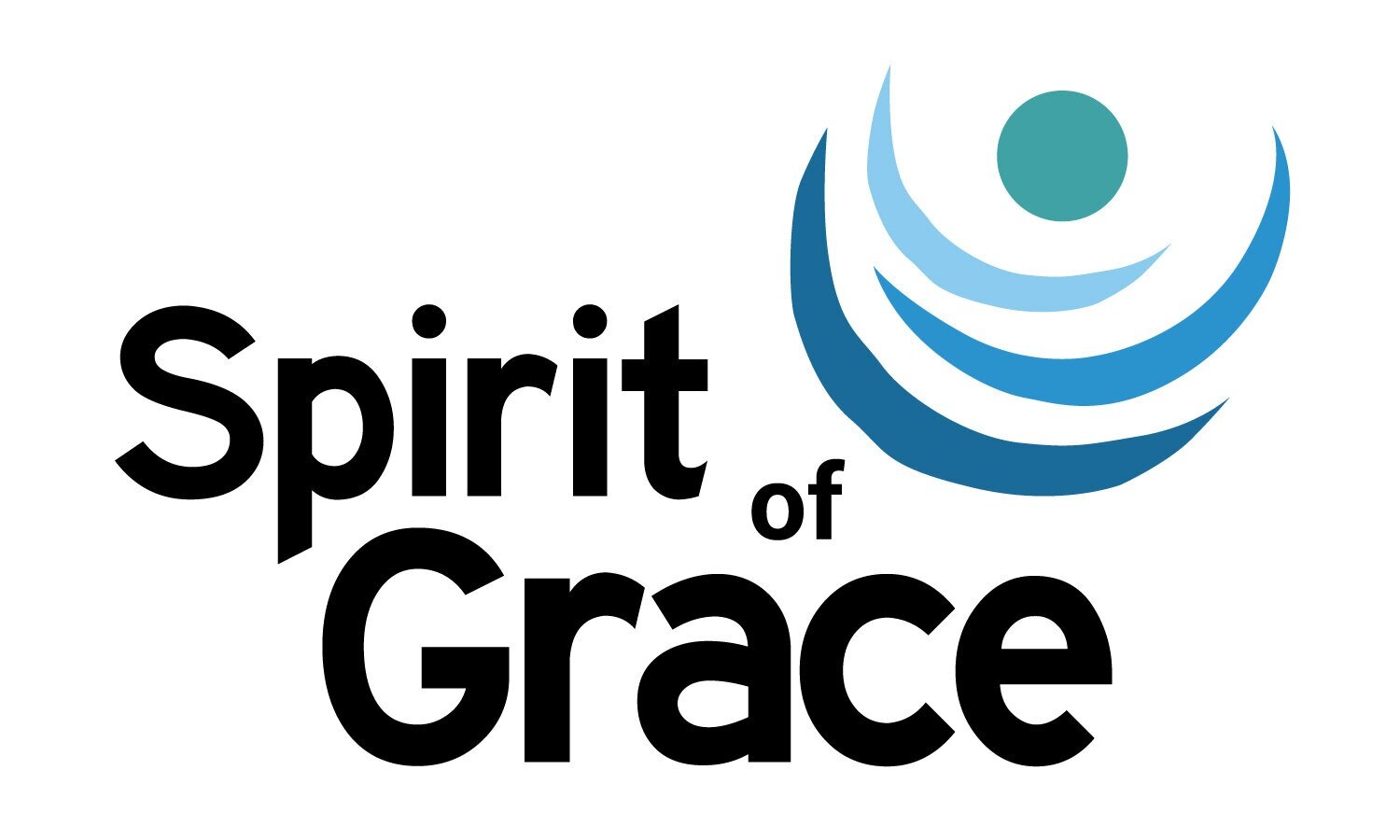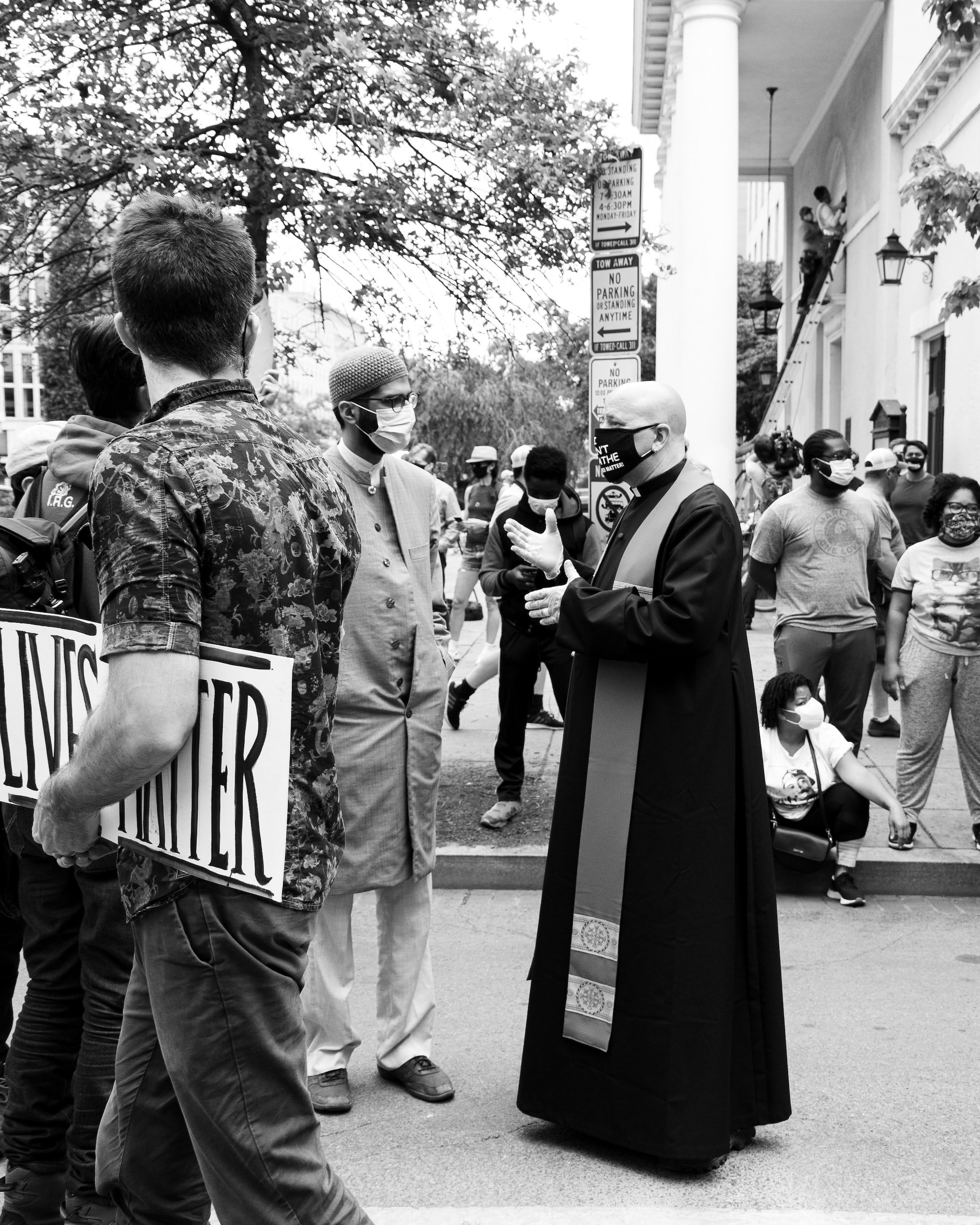Note from Pastor Robyn: These reflections were shared by Pastor Janet Parker with Smyrna United Church of Christ in Canby. At my request, she gave permission for us to share her reflections with our Spirit of Grace community.
On the Murder of Tyre Nichols
January 30, 2023
“How Long, O Lord?” Ps. 13
“A voice was heard in Ramah, wailing and loud lamentation,
Rachel weeping for her children; she refused to be consoled,
because they are no more.” Mt. 3:18
A voice was heard in Memphis, wailing and loud lamentation, RowVaughn Wells weeping for her son. The psalmist cries out “How long, O Lord,” and we may want to join in that cry as we experience an ongoing crisis of anti-Black assaults and murders by police officers in the U.S. How do we respond as people of faith to this epidemic of blue-on-Black violence?
Of course, we know that most police officers are decent human beings, but incidents like the brutal beating murder of Tyre Nichols sound an alarm that cannot be ignored. The five police officers who beat Tyre Nichols to a pulp must be held accountable for their crimes. But surely by now we have seen that removing the bad apples does not protect us from the poisoned tree.
How do we process this event as Christians, and as people committed to justice, peace, and human decency?
I realize that good people may be having very different reactions to the news coverage of Tyre’s death right now. Some of you may feel enraged while others of you may feel exhausted; some of you may feel deeply sad or sickened, while others of you may be experiencing a sense of PTSD and a need to shield yourself from the news. All of these feelings are valid. I am writing to offer a pastoral response because this latest incident weighs on me, and I suspect it may be weighing on many of you as well.
Some of you may be wrestling with whether to watch the video of the police officers beating Tyre, which was released Friday evening.
Here’s my perspective. Hearing about and seeing the kind of evil visited upon young Tyre Nichols’ body is itself traumatizing. So we need to balance our responsibility to bear witness to evil and speak out against it with the need to protect our minds and hearts from exposure to further trauma.
Psychologists are now warning people that it’s important to know our limits and capacity for witnessing real-life violence such as this incident. They say that we should not feel that we “have to” watch it to be responsible citizens.
You may also be wondering what people of faith can do that will actually make a difference.
There are concrete actions we can take (more on that below) but first, I suggest that we begin by transforming our understandings of sin and evil. We begin by talking more about Sin, as a collective and systemic condition, than about sins, as the moral failings of individuals.
We begin by talking about Evil as the outcome of sinful structures that make us all complicit, rather than about evil individuals whose punishment exonerates the system that created these people. In other words, we need to move beyond the “bad apples” approach to reforming the police and address the system as a whole.
Theologian Carter Heyward describes evil as the “real-life consequences” of sinful attitudes, assumptions, and driving forces behind our choices.
For example, the institution of American slavery was an evil generated by sinful assumptions such as white supremacy and the entitled belief that some supposedly superior people could own other supposedly inferior people (The Seven Deadly Sins of White Christian Nationalism: A Call to Action).
Evil, according to Heyward, is “the violation of relation in human life.” It is “fastened in our fear…” so that “in our fear, we do evil.” Chillingly, Heyward writes: “We are willing to kill humanity in order to protect humanity from itself” (The Redemption of God: A Theology of Mutual Relation). Is this what policing has come to in these United States?
Philip Kennicott in an article in Saturday’s Washington Post, states,
“What happened to Tyre Nichols demands we mobilize in myriad ways, not just to reform the police and minimize their encounters with the public, but to dismantle the reflexive deference to authoritarianism, the sufferance of toxic masculinity, the valorizing of rage and anger in public life. To profoundly change our own culture.” And he writes, “In the presence of great suffering, we must have the decency to be silent and receptive to truths we might otherwise resist—about ourselves, about America, about humanity.”
After we spend some time in prayer and silence and recognize that systemic change is required, we can look for ways to support the needed change. For example, we acknowledge that anti-Black police violence is a serious problem in our conversations with family, friends, neighbors, and coworkers.
We take the risk to admit that, yes, our nation does have a problem with racism, and the only path towards healing and redemption involves confession and repentance and a willingness to amend our ways, on a collective level.
This is something that communities of faith should be well-equipped to help our larger society with!
We can also educate ourselves about (anti) Black history in the US, as the organization Earthjustice recommends in their article, Ways to Help Fight Anti-Black Police Violence:
They suggest watching the excellent documentary, 13th, about ways that laws have been crafted to criminalize and subjugate Black Americans from the Civil War to the present.
Or watch this 16 minute TED Talk with the founders of the Black Lives Matter movement about what they’ve learned, where they find hope, and how to take action.
Or educate yourself about solutions, such as the George Floyd Justice in Policing Act that passed the House but has stalled in the Senate.
Finally, consider showing up at your local city council or county commissioner meetings to listen and ask questions. What is local government doing to address the need for police reforms and alternatives to policing for public safety and health?
The evil that destroyed Tyre Nichols’ life and took RowVaughn’s baby away from her is of a piece with the evil that crucified Jesus. The mystery of our faith is that in God’s universe, death never has the last word. In God’s universe, creation’s groaning can turn to rejoicing because the One who wills goodness and life is more powerful than all who will destruction and death.
Yes, the arc of the universe bends slowly, but the promise of our faith is that Love has the last word.
With you in the struggle,
Rev. Janet Parker, Ph.D.




